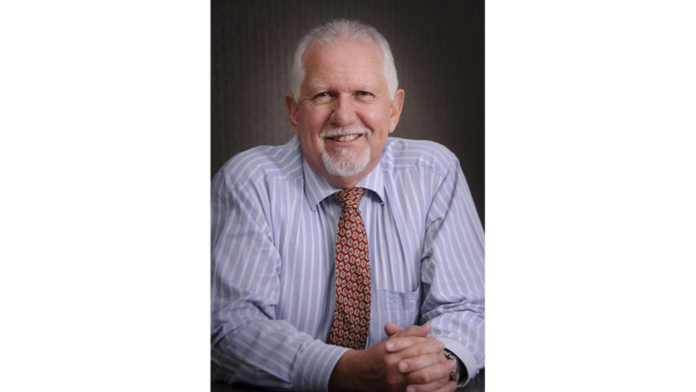Elsewhere in this issue the Editor discusses the crisis in water and sanitation and the possibility that a change of policy and individuals at the top may finally put the country on a road to recovery.
The same cannot be said for industries that rely on a vibrant and well managed water and sanitation sector – those industries may never recover.
Editor Robin Hayes talks to Howard Jones, chairperson of the SA Pump Cluster who paints a distressing picture of the consequences caused to this sector through government interference, incompetence, corruption and maladministration. This situation has been compounded by cheaper, and in some case superior quality products made in China and the decision by pump majors to remove their manufacturing capabilities from South Africa due to competition, Government red tape and corruption. Jones elaborates.
“The SA Pump Cluster was formed in 2013 as an offshoot of the SA Pump Manufacturers Association, following an initiative from the DTI (Department of Trade and Industry) to create pump products that would feature 70% local content and therefore become ‘designated’ suppliers to SOE’s, water boards, municipalities and the like – with the aim to stimulate vibrant local primary and downstream manufacturing industries.
“The procedure to be followed according to the DTI was that in our case, the Pump Cluster would be consulted when public services went out to tender for pumps, to determine whether the specifications could be met through local manufacture or not, and a list of designated suppliers would have the opportunity to tender.
“Specifications not only relates to a pump’s performance, but also its physical dimensions which may not be the same as the pump being replaced. One overseas manufacturer has supplied over 80% of the sewage pumps to the 257 municipalities and their wastewater treatment plants around the country and when due for replacement, a local equivalent may not fit into the existing pipework design, necessitating further expense in modifying pipework, foundations and electrical connections.
“In a perfect world, the DTI initiative would be a perfectly reasonable initiative to follow but it presupposes;
- a) that the public sector follows the rules and
- b) a continuous demand from the water & wastewater sector in terms of replacements and pumps required for plant extensions and new works. A quick thumb-suck would show that in the perfect world scenario that would mean a local pump industry could rely on perhaps R30 billion of pump contracts per annum from the public sector alone.
Once the existing infrastructure has been restored and upgraded, the yearly cost would reduce significantly if proper preventative maintenance rules are followed.
“The near collapse of the water & wastewater treatment sector means that this hasn’t happened and is unlike to happen in the near future. This calamity of collapse has had near lethal consequences for the local industry as well as the environment
Maladministration and corruption
“Instead of following the DTI procurement recommendations of designated suppliers, public service organisations have purchased pumps directly from China, often through crony ‘agents’.
Chinese manufacture
“It opened the door for Chinese manufacturers to supply what pumps were required at up to 30% cheaper than a local equivalent, and of superior quality.
Collapse of the foundries
“The foundry industry has also suffered badly in two ways – firstly the demand for pump castings has declined dramatically, and secondly often family run foundries were slow to meet the changes of technology and processes that made the Chinese quality superior. Lines of succession also suffered as the foundry industry is seen by the new generation as not the most attractive place to work!
Pump majors exit
“Major international brands have taken a long hard look at their ROI of operating in this environment and in some cases refocused their businesses closing down or reducing their exposure here, supplying our local market through agents from other more profitable, less onerous manufacturing centres overseas. During the 1980’s there were 15 local manufacturers of borehole pumps in the country, now there are none.
So what is to be done to reverse this self-fulfilling prophesy?
Jones replies: “Until there is the political will to stem this downward spiral and those at the top crack the whip on the miscreants who foster corruption and flout the rules, nothing will change. Let’s hope that the new Minister and DG of the DWS have the fortitude to turn the situation around.
